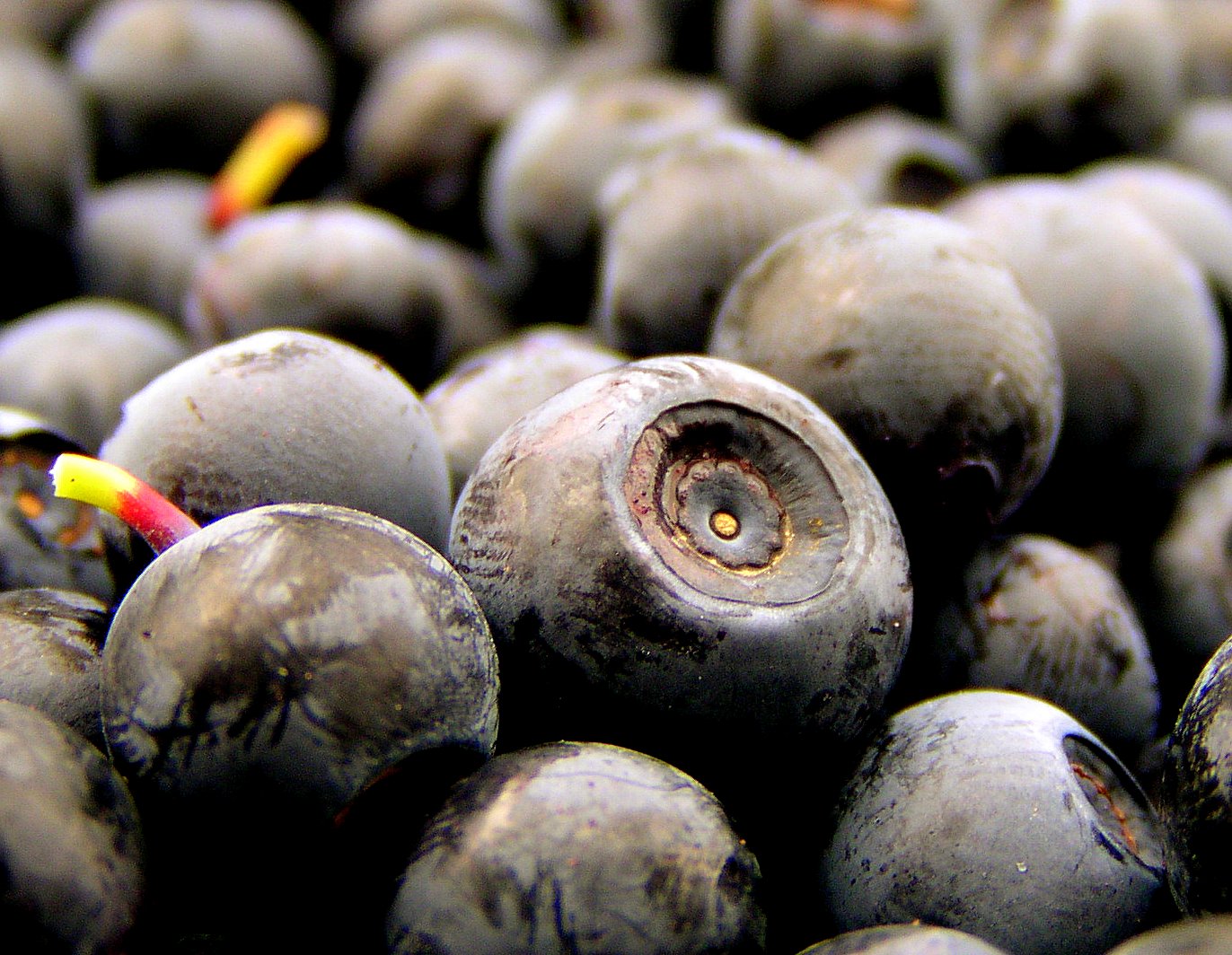
Controversial pesticides linked to declines in bee populations may harm the developing brains of unborn babies, experts at the European Food Safety Authority ruled on Tuesday. They want maximum exposure limits to the chemicals cut while more research is carried out.
The experts found the chemicals “may adversely affect the development of neurons and brain structures associated with functions such as learning and memory,” an EFSA statement said. “Some current guidance levels for acceptable exposure may not be protective enough to safeguard against developmental neurotoxicity and should be reduced.”
The move stems from research on rats which concluded “neonicotinoids may adversely affect human health, especially the developing brain”. The newborn rats studied in the experiments found those exposed to one of the pesticides, called imidacloprid, suffered brain shrinkage, reduced activity of the nerve signals controlling movement, and weight loss. Another rat study found that exposure to the other pesticide, acetamiprid, led to reduced weight, survival and response to startling sounds.
Human exposure to two neonicotinoid insecticides – acetamiprid and imidacloprid – could damage children’s brains, according to a statement by the European Food Safety Authority (EFSA).
Neonicotinoids, or neonics, have rarely been out of the news in the last few years because of their extreme toxicity to bees and other pollinators. In April of this year the European Commission voted to suspend the use of three neonicotinoid insecticides – clothianidin, thiametoxam and imidacloprid – for a period of two years, pending further safety assessments.
Not just bees
Although manufacturers have long claimed that this effect is specific to insects and does not affect mammals, increasingly studies are showing this claim to be false.
EFSA delivered its scientific opinion at the request of the European Commission after considering the results of s 2012 study which showed that the neonics were toxic to the developing brain of lab animals, as …
A key study that led to the ban found in 2012 that neonicotinoid exposure seriously harmed bees by damaging their renowned ability to navigate home. Another study, from March 2013, showed that neonicotinoids blocked a part of the brain that bees use for learning, rendering some of them unable to perform the essential task of associating scents with food. That research showed that within 20 minutes of exposure to neonicotinoids the neurons in the major learning centre of the bee brain stopped firing.
Bayer and Syngenta, which produce another neonicotinoid affected by the two-year EU ban, are taking legal action to try to overturn the moratorium. The crop protection industry has warned that yields may drop without neonicotinoids and that older chemicals could be more damaging to wildlife if used as replacements. The UK's National Farmers Union supports the legal action.
Please Read this Article at NyrNaturalNews.com





Leave a Reply